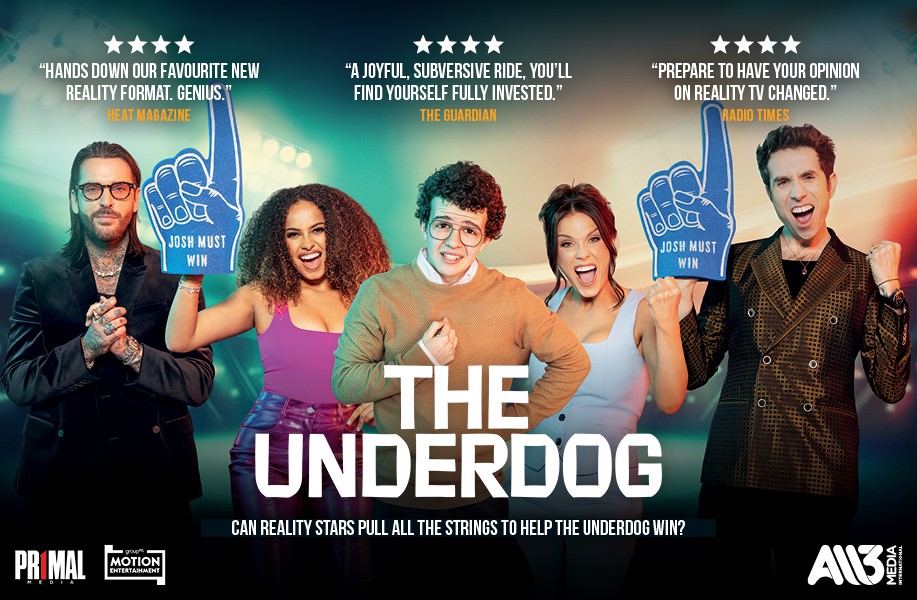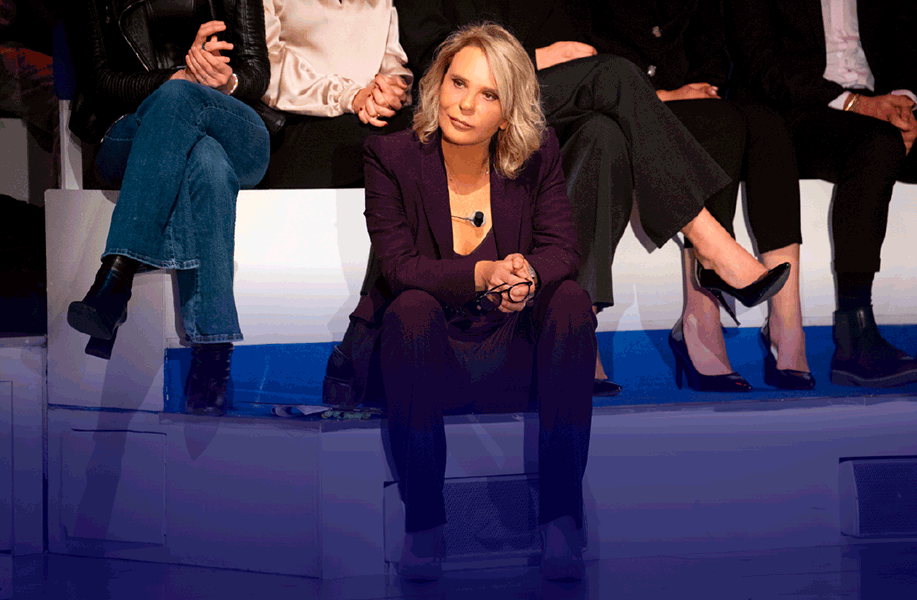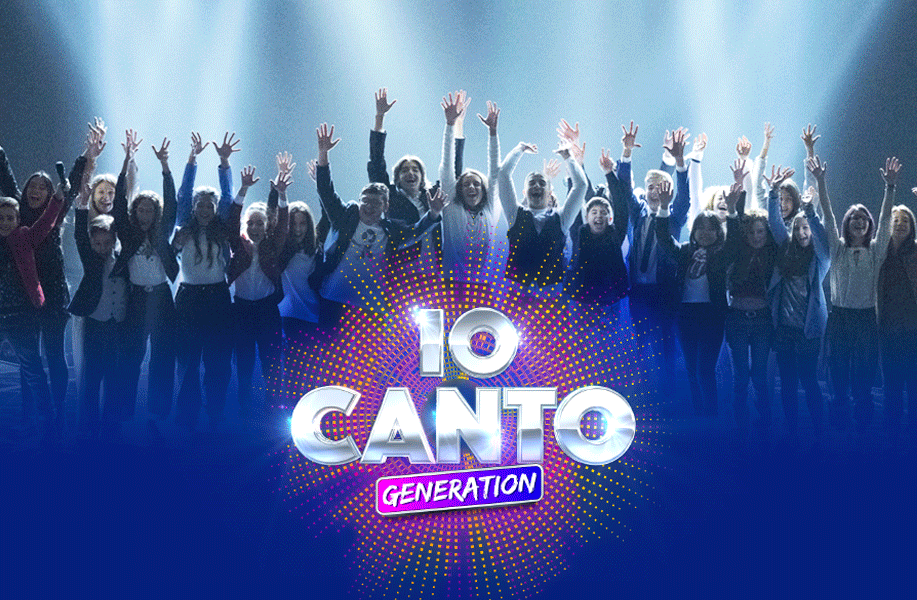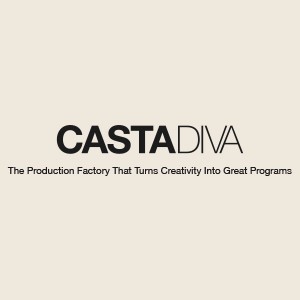Brands were also on the menu at MIPFormats, with a panel session on Brands Embracing Entertainment—literally using entertainment codes for TV and online campaigns. It featured moderator Gary Carter, non-executive director at KLOK; managing director Alex Connock of Missile; Rumpus Media’s managing director Iain Wimbush; Petronella Panerus, CEO, Åkestam Holst; and executive creative director/partner Mikko Pietila of TBWA Helsinki (left to right, above).
“Brands are becoming entertainers. They’re not shouting behind commercial messages; they need to be interesting. There needs to be believability, story, a mission,” Pietila said during opening remarks. Connock also stressed that, while people’s tolerance for brand exposure in their content is surprisingly high, there’s a “cliff edge” where interest falls off a cliff. It’s important for content creators and brands to be mindful of that.
But the examples that followed walked the line quite nicely.
Panérus shared the Åkestam Holst case study for Ikea’s ongoing “Where Life Happens” campaign, whose diverse iterations include a print ad that doubles as a pregnancy test, short films about adoption, or adolescent family relationships and divorce, and pre-roll ads that, instead of being short enough to consume before a user skips, are interminably long and banal.
Carter called the campaign an expression of the “European soap opera tradition” — “a slice of life, very close to the experiences of real people.”
“One reason we’re successful is equality and diversity,” Panérus stressed. “If you want to make ads for Sweden, which doesn’t look like it did 20 years ago, you need representation.” You simply can’t make great branded content unless that’s part of your DNA at outset.
Pietila of TBWA Helsinki shared the brand’s “Life in Hel” campaign, sponsored by Finavia. In essence, it’s a 30-day reality show that follows a Chinese man living in Helsinki airport for 30 days.
Finavia wanted to address potential Chinese clients, but building visibility in China for a Finnish brand the target doesn’t already know could cost millions of euros. Thus TBWA burrowed into the culture to find another route.
“If we were going to do this, we needed to be transparent from end to end” — something TBWA stressed to Finavia, Pietila said. The Chinese protagonist had to be dropped in, and have real experiences, which put Finavia under pressure to rise to making those experiences as good as possible.
Gary Carter himself helped them build the campaign. “We’re ad guys. We realised we’d need help from someone who’s done reality TV,” Pietila admitted.












